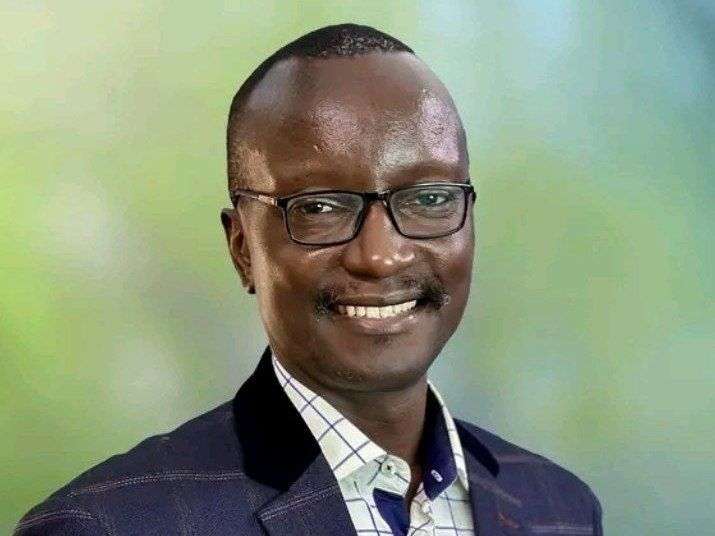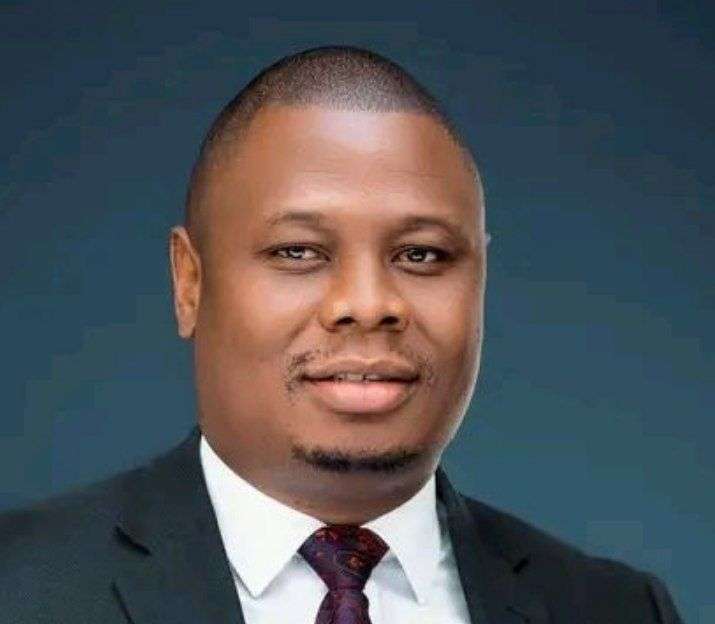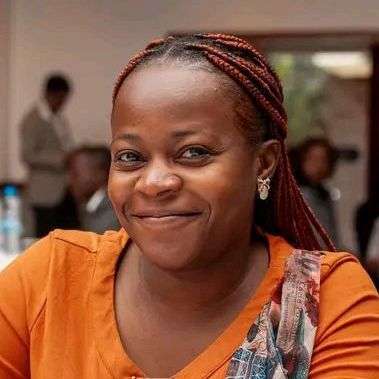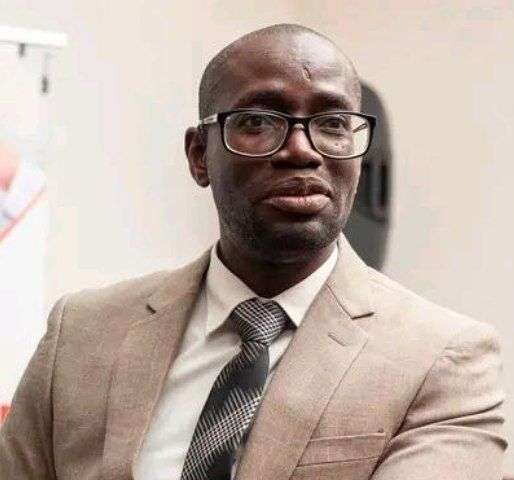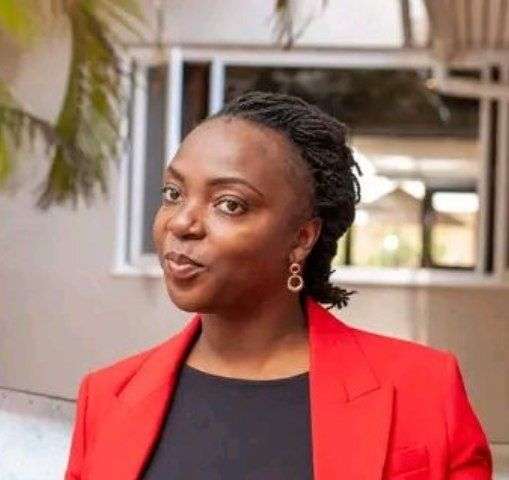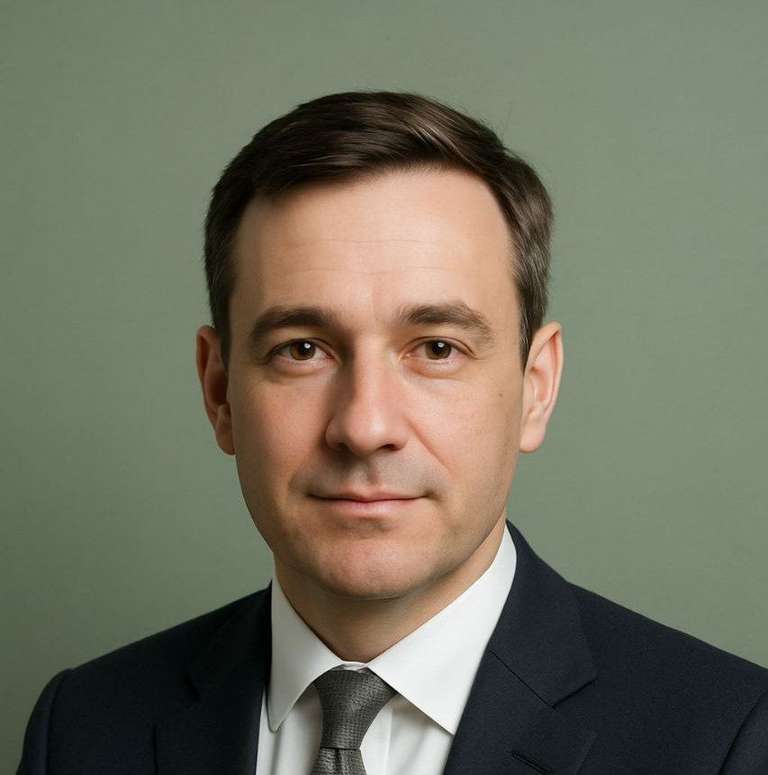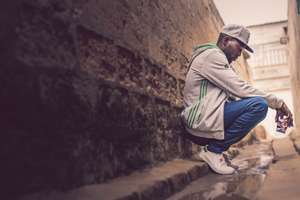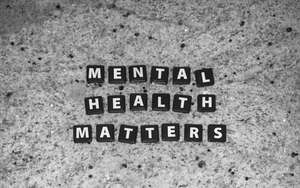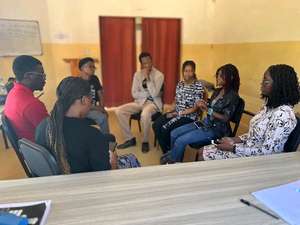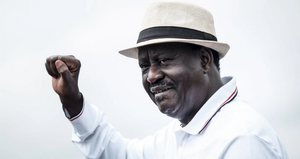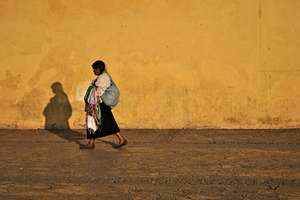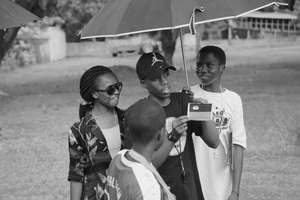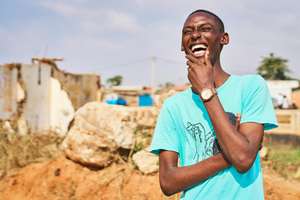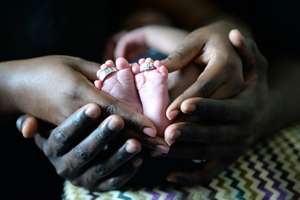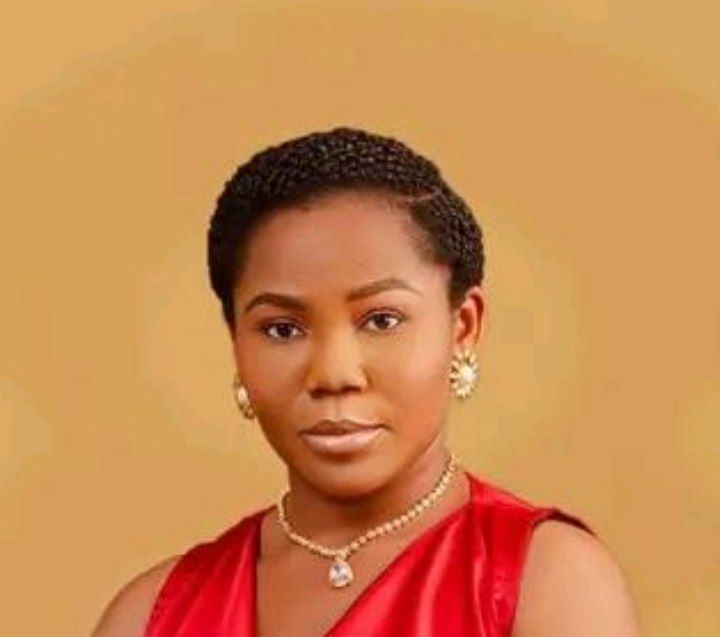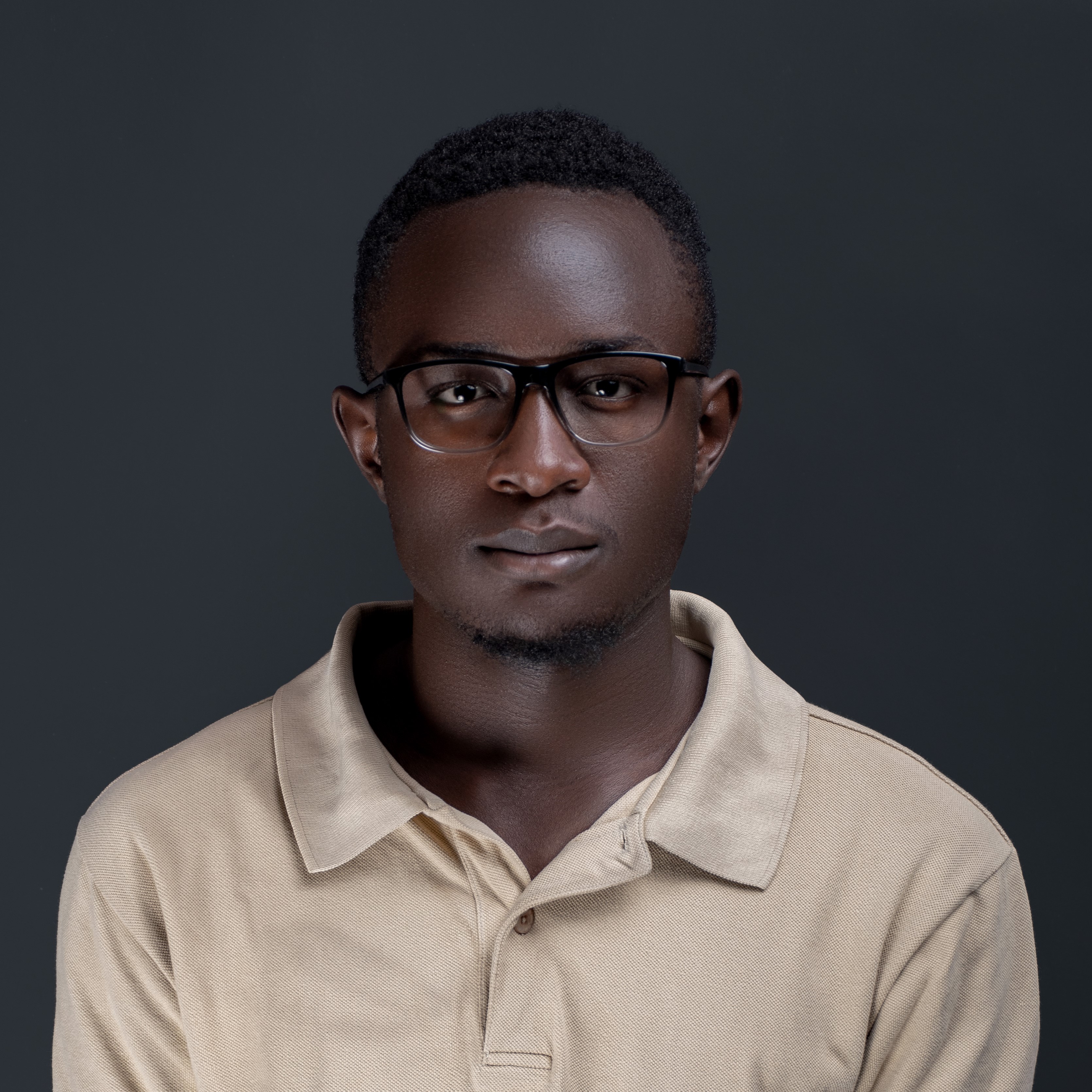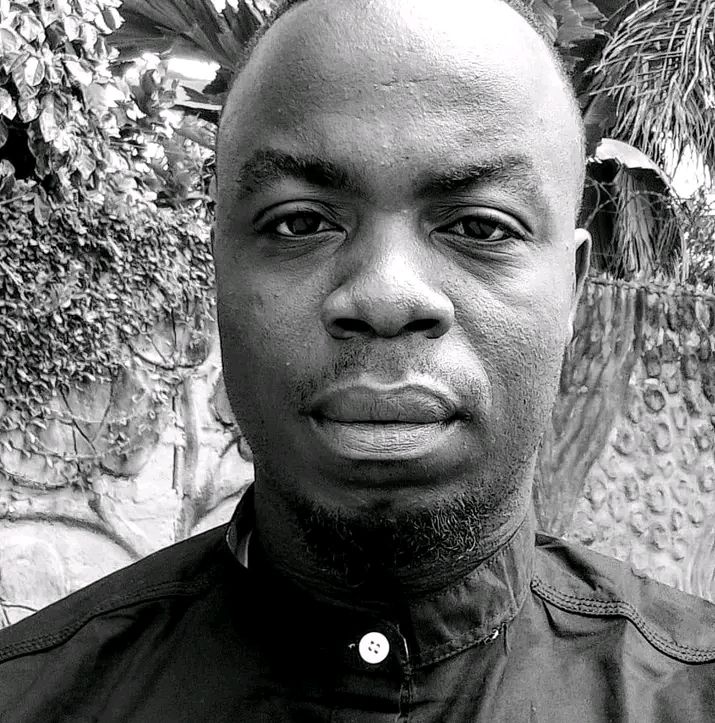Meet the Team
There is an intangible epidemic we live with each day in Kenya. Its boundaries are not marked by the signs we are conditioned to diagnose. It may not always have a fever, rash, or open sore. It is in the unspoken places—the unarticulated fears of the student, the lingering pain of the farmer who has not seen rain, the isolation of the mother in the bustling estate who has no one to hug her, and the suffocating pressure of the young person who cannot find work.

For much too long, we've tried to answer Kenya's mental health needs in the dark. We've got zeal, fervor, and unbeatable community-based efforts, but we've lacked one very important tool: a map. How can we point the individual to help if we don't know that help exists around the corner? How can we advocate for policy change without the local, in-the-trenches information to guide our advocacy? This is the exact question that planted the seeds of MindTheMap. We are convinced that you can't solve that which you can't observe. We want to shine light.
struggling to find help, not because it wasn't there, but because they couldn't find the path to it. Our map isn't just lines and dots on a screen; it's a hand held out. It's our way of saying, "Let us walk with you. The journey is hard, but you don't have to make it alone." Every resource we add, every story we share, is a reminder that hope is a real, tangible thing, and it's closer than you think.
Dr. Caroline
We Take Our First Steps on the Map
On February 16th, 2025, we made our first conscious stride into the unknown. Together with a small but very passionate group of researchers, data analysts, and mental health champions, we formally embarked on our national mapping exercise. We began in Nakuru County, Kenya's mini-microcosm of urban and rural challenges. Our initial mission was deceptively simple, yet profoundly complex: to find, verify, and document. We are not just pinning hospitals on a digital map. We are capturing the entire ecosystem:
Formal Services: Government Hospitals, Private Medical Facilities, Psychologists, Psychiatrists, Counselors.
Community Gems: Community health volunteers (CHVs) who offer a listening ear, church support groups, traditional healers who are often the first point of contact, and youth-led safe space initiatives.
The Gaps: Crucially, we are documenting the voids. The sub-counties with zero registered counselors. The communities that speak of rising suicide rates but have no one to turn to. These gaps are not failures; they are our most critical data points. They are where we must focus our collective energy.
Early Stories from the Field
The progress in these few short months has been humbling as well as exhilarating. Ground teams are meeting Kenyans who are the true heroes in this story. We met one mother in Kibera who is offering a support group from her two-room mabati abode—a service that we never would have found through formal means. We recorded a retired teacher in Laikipia who is employing his library to offer free counseling to school-attending young men in order to fill a giant gap in male mental health conversations. We've already documented over 80 unique resources and points of assistance in three counties. But that is not most important. We are collecting stories. Stories are the soul of our data, retaining in our hearts that every pin on our map is a human life in search of dignity, connection, and care.
A Vital Partnership: Fuel for the Journey
We are extremely proud and thankful to report that MindTheMap has been awarded a large grant from The Amani Foundation, a pan-African nonprofit organization that works towards enhancing mental health initiatives throughout Africa. Believing in our community-focused, data-informed approach is more than endorsement of how we do what we do; it is a great indication of the will to reconcile the mental health story in Africa. This collaboration is a game-changer. Funding will be targeted with accuracy to enable the powerhouse of our project: our volunteers.
Tech for Truth: A big chunk will go towards acquiring rugged data transmission equipment—the smartphones and tablets—for our field teams. What this means is that we can accomplish secure, real-time uploading of info, away from tedious paper-based systems, while having our map alive and current.
Mission and Identity: We are budgeting for branded merchandise—t-shirts, hats, and coffee mugs for our volunteers. This is not about egos; this is about establishing a visible, unifying identity. Out in rural regions, a branded t-shirt is not attire; it's a badge of credibility that establishes trust among local populations as well as gets doors opened that would otherwise stay shut.
Investing in Our Champions: The remainder, and perhaps the most crucial part, will fund an extensive training program for our growing network of volunteers. We are developing advanced modules on ethical data collection, trauma-informed interviewing techniques, and digital literacy. When we invest in their skills, we invest in the quality and integrity of our entire database.
Meet the team
Our team culture is built on knowledge in action, data-driven purpose, and community at the core. We are a collective of compassionate advocates, tech innovators, and grassroots researchers united by the belief that no one should face mental health challenges alone.
We value:
Attentive Listening: Every voice—whether from a teammate or a community member—is heard and respected.
Collaborative Curiosity: We learn together, question assumptions, and innovate with humility.
Compassion: We tackle stigma and systemic gaps with both heart and evidence.

